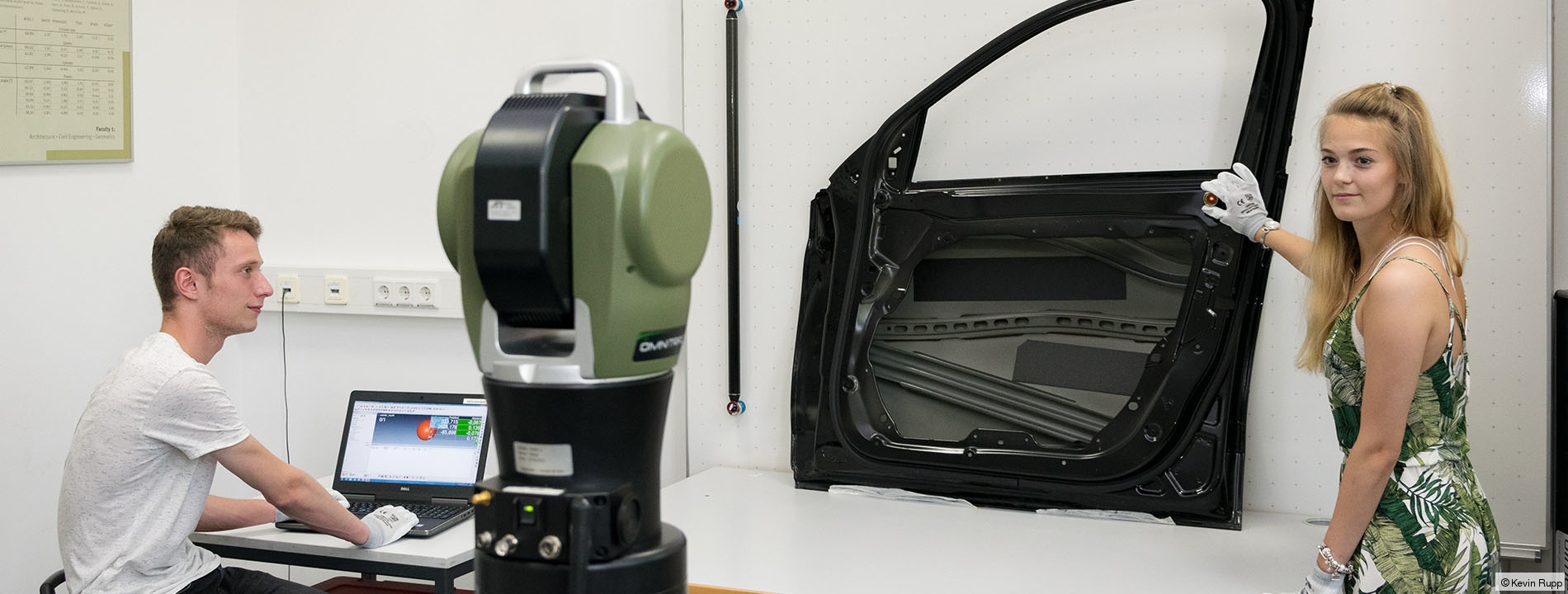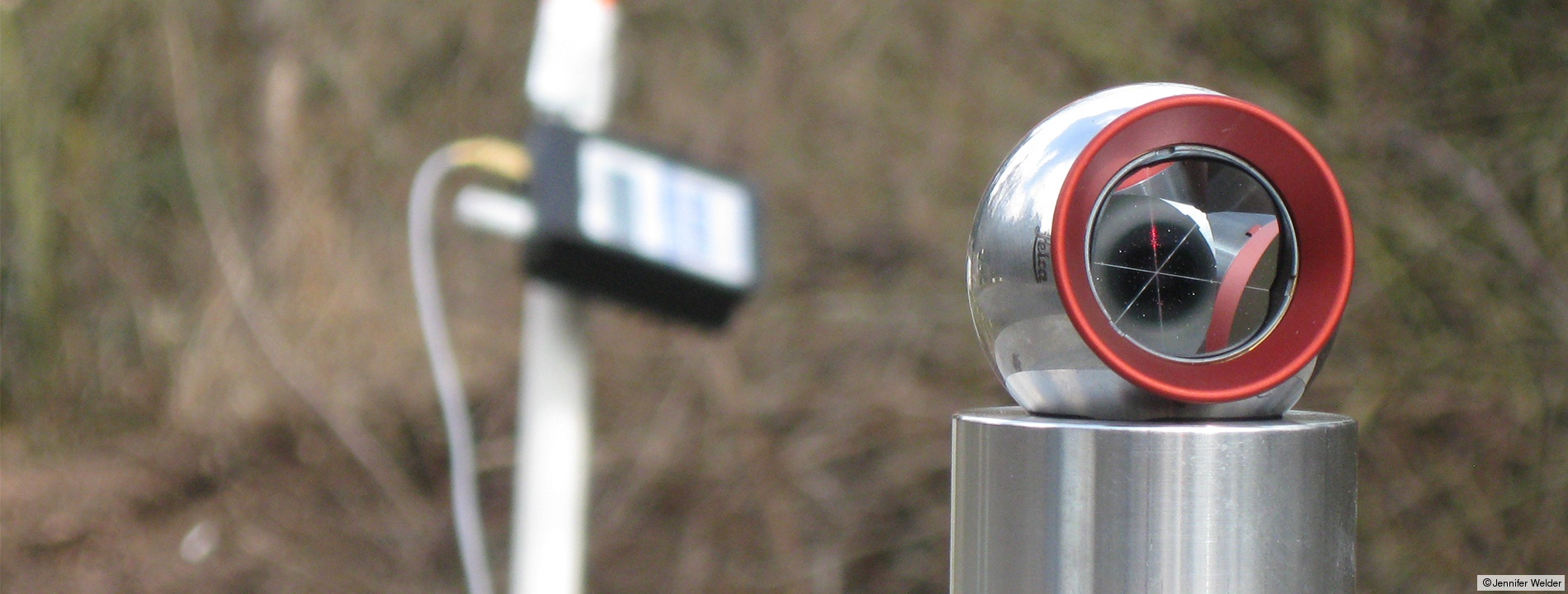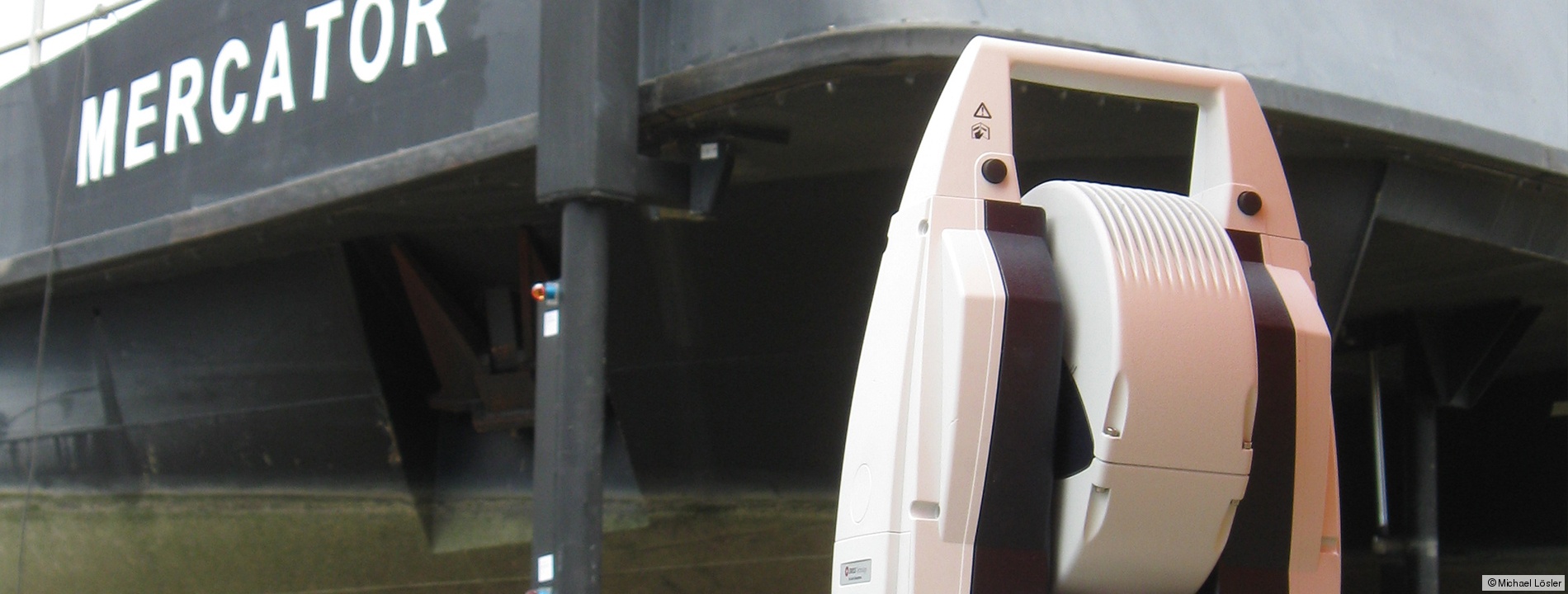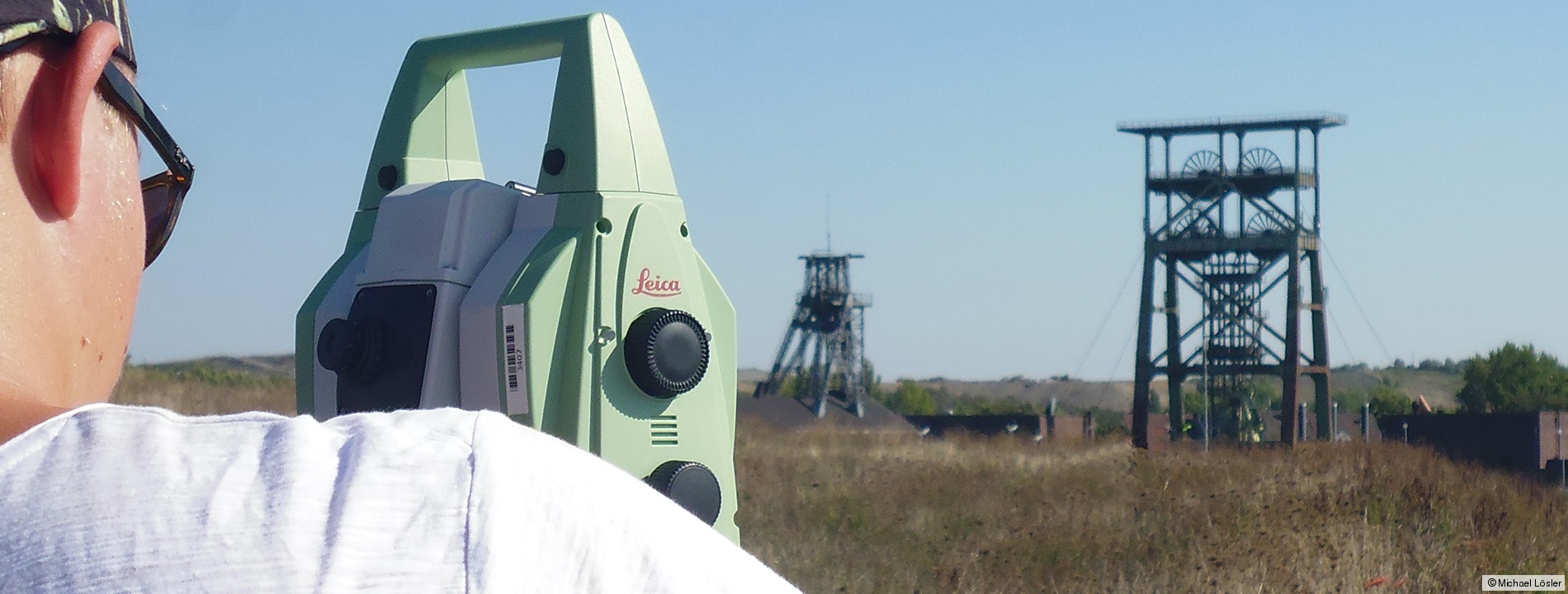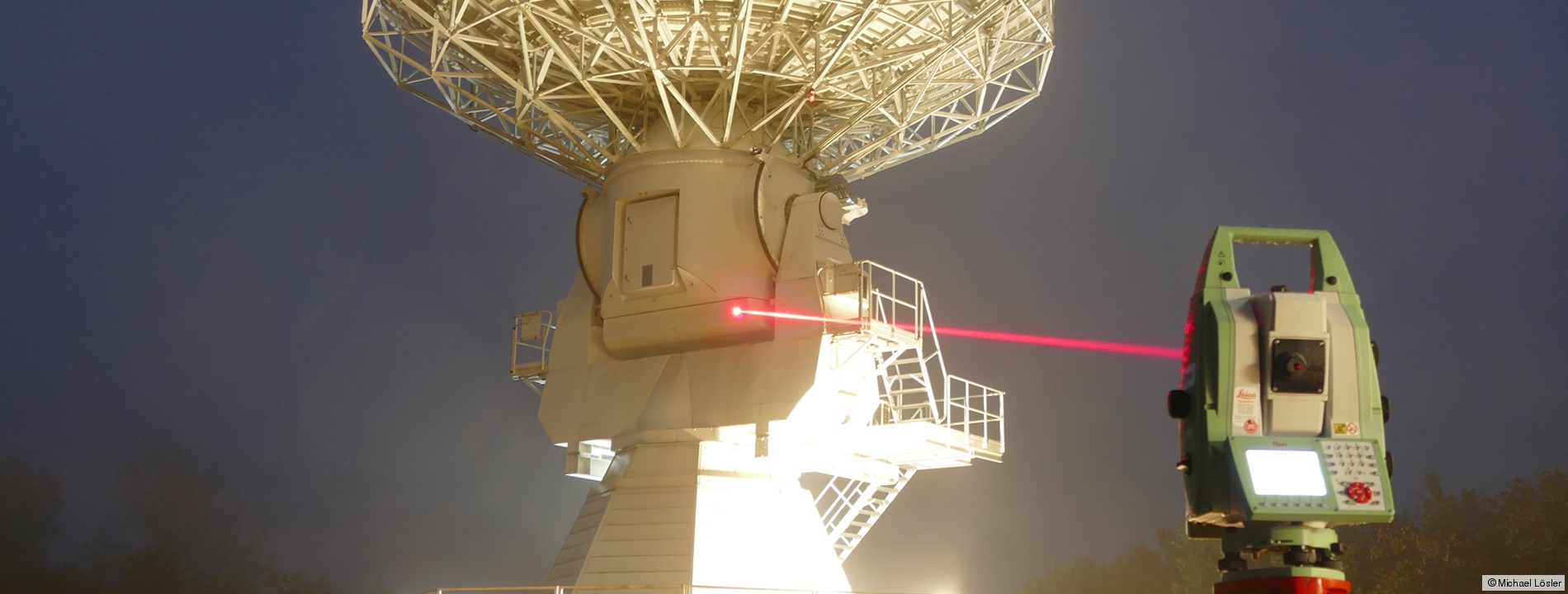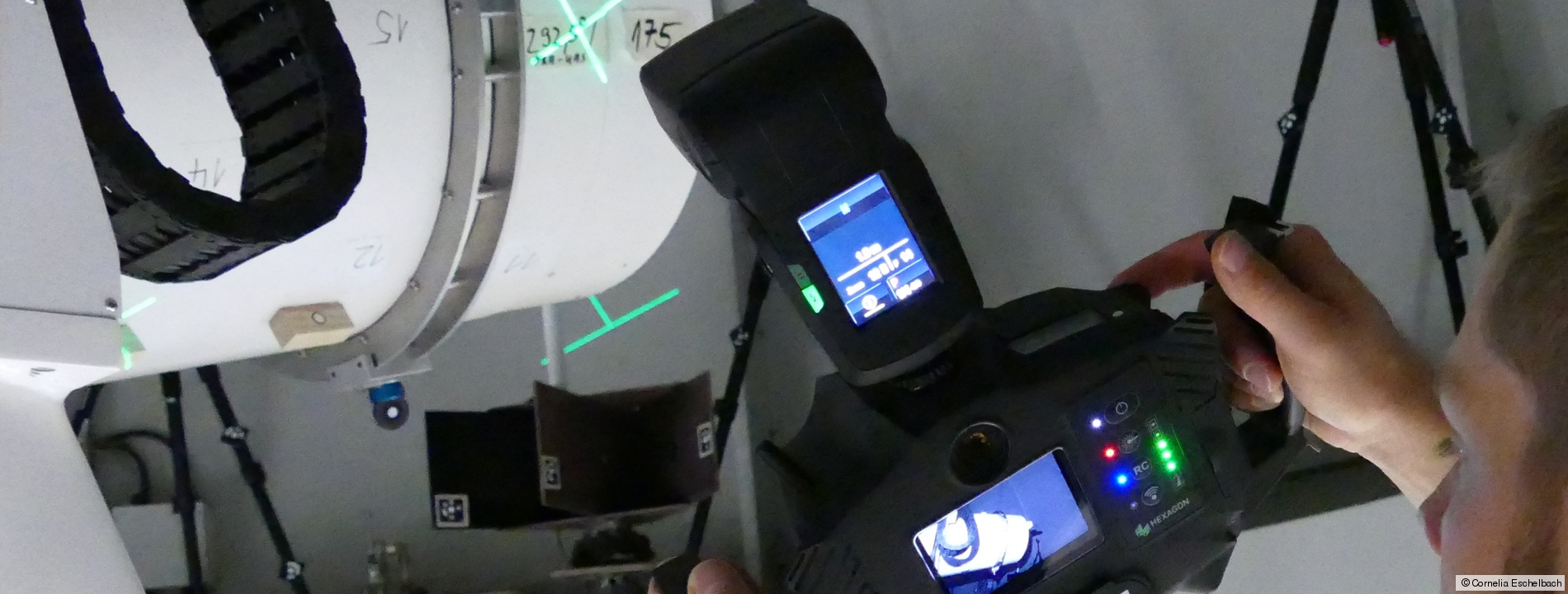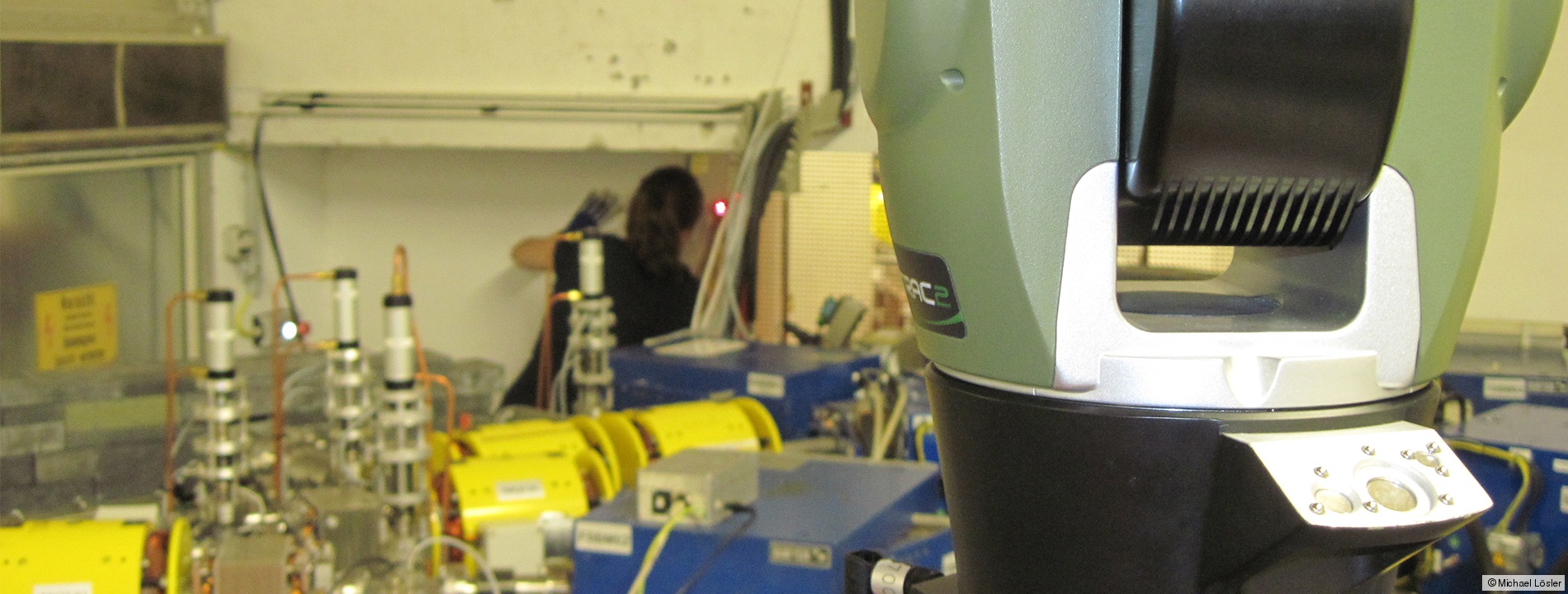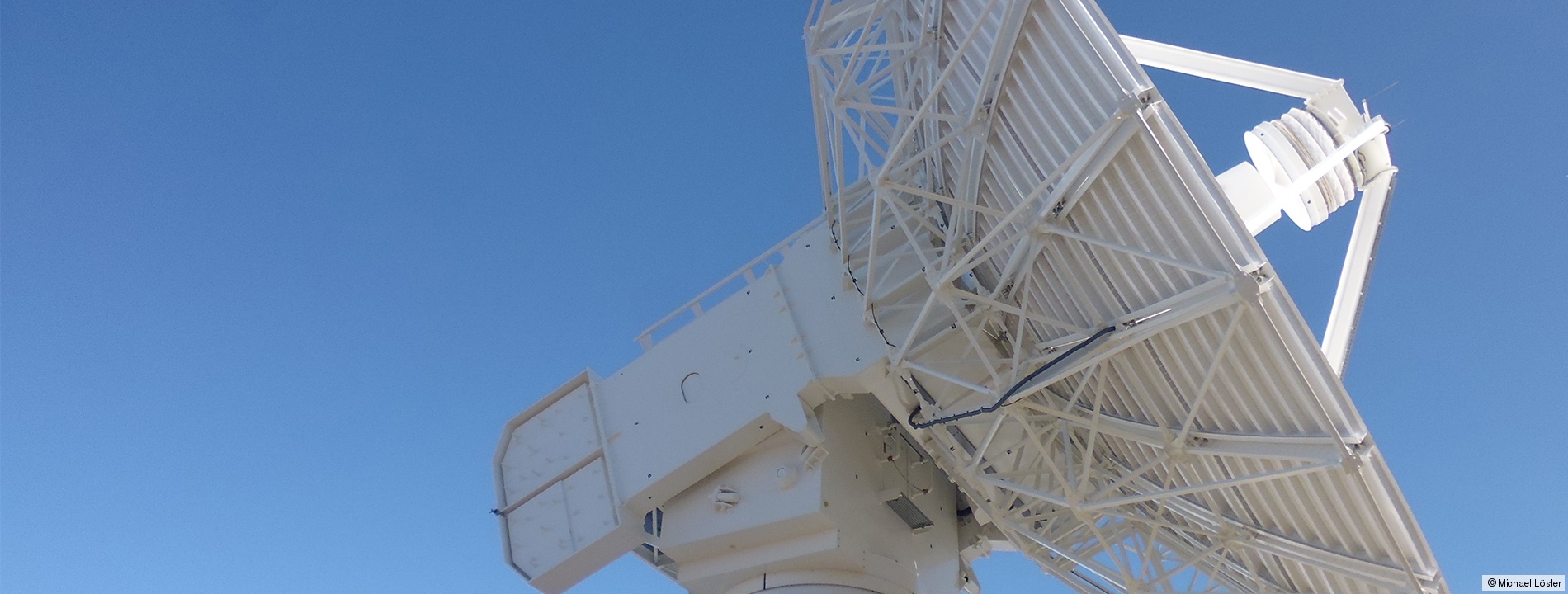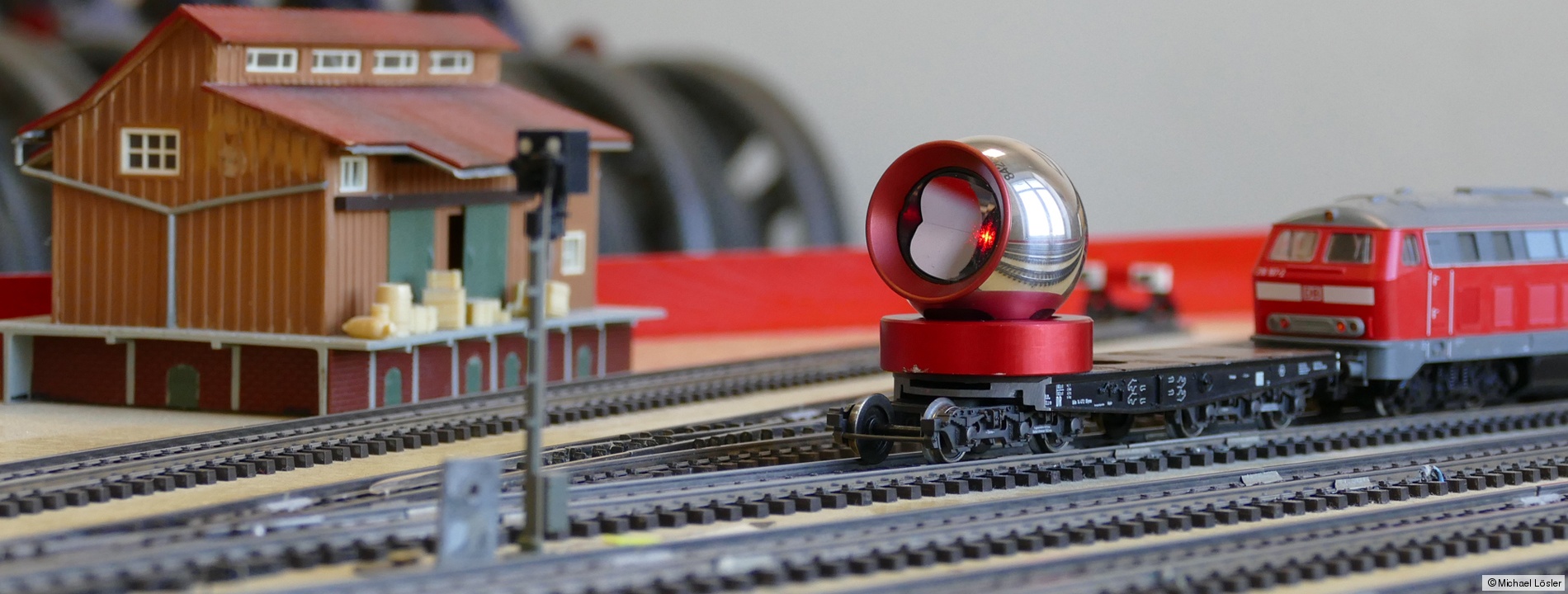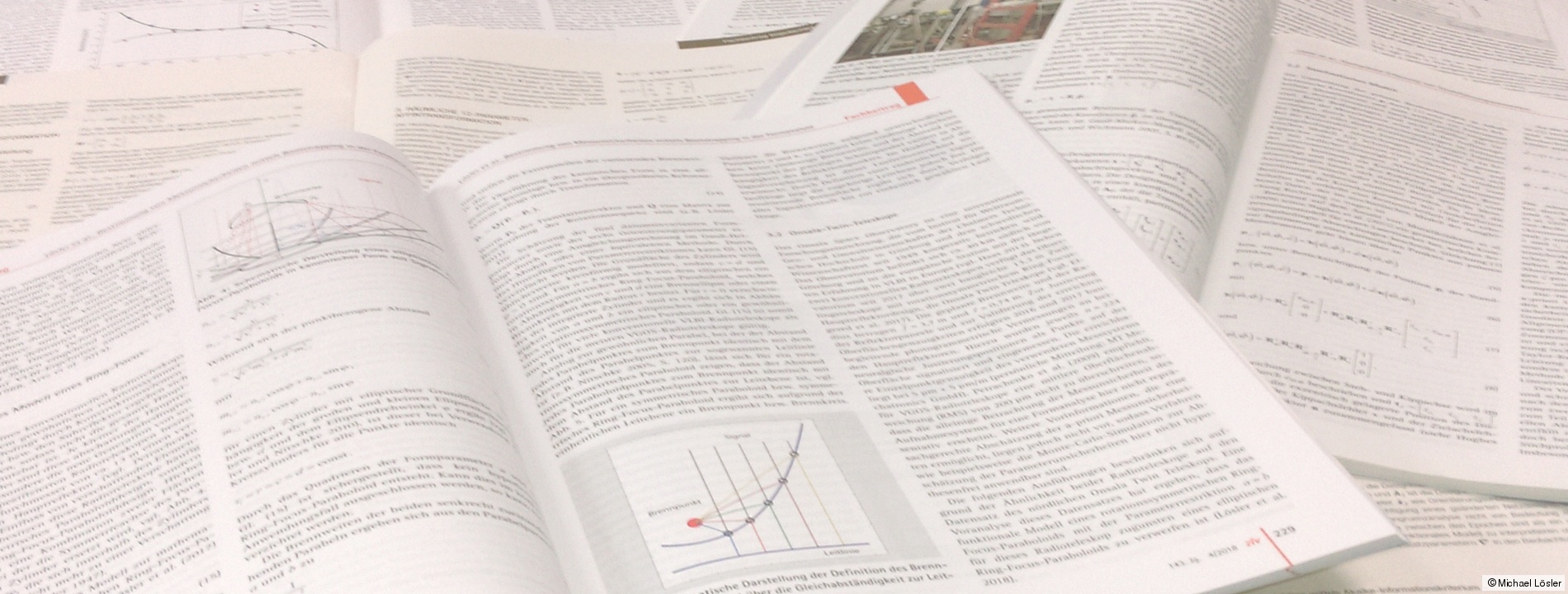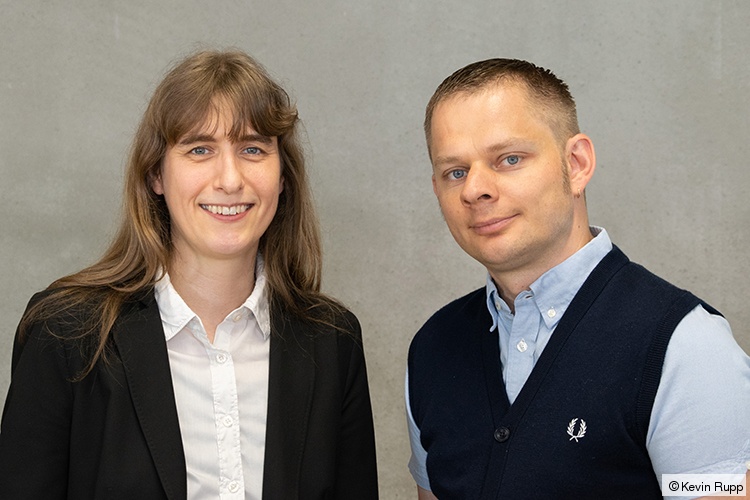Industrial metrology
The engineering science of Industrial Metrology comprises analysis methods and measurement approaches for determining geometric and physical quantities such as length, angle, temperature or pressure. Metrology also involves methods for uncertainty evaluation and rigorous uncertainty propagation, to indicate the degree of confidence of a measured. For that purpose, Industrial Metrology applies direct and indirect approaches to obtain desired quantities and statistics.
Innovative solutions are our strength
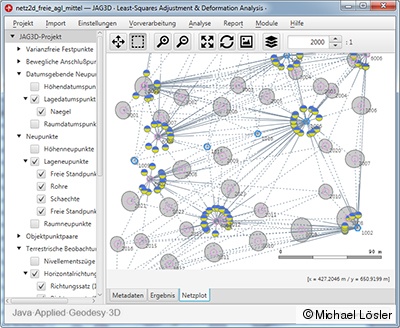
The Laboratory for Industrial Metrology has a great deal of theoretical expertise and practical experience in the measurement of quantities and appropriate data analysis. The Laboratory develops novel solution procedures and innovative analysis strategies for special applications in the framework of industrial metrology.
Statistical fundamentals are the backbone in metrology sciences. This essential knowledge is transferred to practical applications to evaluate the uncertainty and the reliability of determined quantities or to validate measurement configurations. Beside the well-known method of least-squares adjustment, the Laboratory for Industrial Metrology applies recursive parameter estimations such as the Kalman filter technique to obtain the parameters to be estimated.
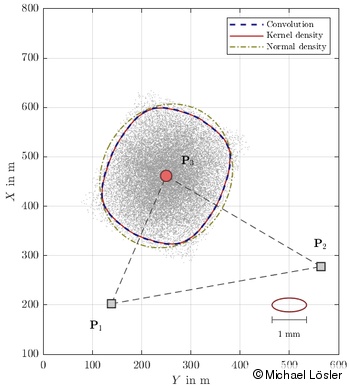
The Laboratory for Industrial Metrology analyses user requirements and designs, develops, and evaluates algorithm und software application for dedicated problems to be solved. Software engineering is our strength.
According to the Guide to the Expression of Uncertainty in Measurement (GUM), the expression of a measurement uncertainty acknowledges that a measured value cannot be perfect. The uncertainty characterises the dispersion of the value and specifies the level of confidence. In addition to the commonly used linear propagation of uncertainty, the Laboratory for Industrial Metrology applies advanced statistical methods such as Unscented Transformation, Bootstrapping, Kernel Density Estimation, or Monte-Carlo integration to obtain representative, reliable and almost unbiased uncertainties of the quantities.
Few, but ripe
The Laboratory for Industrial Metrology specialises in high-precision measurements and focuses on individual applications where conventional methods fail. The measurement process is sensibly adapted with respect to the accuracy requirements and the environmental conditions of the measuring site. The laboratory meets the various requirements by high-precision instruments and software-engineering.
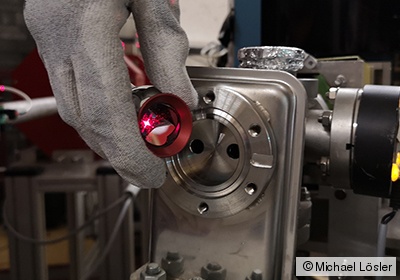
The Laboratory for Industrial Metrology is equipped with modern total stations, e.g. MS50 and TS60 (Leica), for discrete tactile measurements and reflector-less surface scanning. Moreover, high-precise laser trackers, e.g. AT401, AT960 (Hexagon/Leica) and Omnitrac 2 (API), are used wherever common geodetic measurement instruments fail due to higher accuracy requirements. In comparison to conventional heavy laser trackers used in industrial facilities, both absolute laser trackers are of small size, mobile and robust. For that reason, absolute laser trackers are recommended in large-volume metrology of 2-500 m and accuracy requirements of up to 20 μm. Length measurements are mainly affected by the limited knowledge of the environmental conditions such as temperature, pressure, humidity or the level of Carbon dioxide used for the air refractive index determination. In order to reduce the influence of the meteorology at the measuring site, multi-sensor systems are used to record the environmental parameters. In addition to several polar measurement instruments, the Laboratory for Industrial Metrology operates the high-precision photogrammetric measurement system DPA Industrial (Aicon/Hexagon). The photogrammetric system reaches an uncertainty in the spatial position of about 10 µm in small volumes.
Prof. Dr.-Ing.
Cornelia Eschelbach
Phone: +49 (0) 69 1533-2356
cornelia.eschelbach(at)fra-uas.de
Dr.-Ing.
Michael Lösler
Phone: +49 (0) 69 1533-2784
michael.loesler(at)fra-uas.de
Address
Transfer centre
Steinbeis Transfer Centre Applied Geodesy
https://applied-geodesy.org
Member of SCGD
Member of the Society for Calibration of Geodetic Devices e.V. (SCGD)

